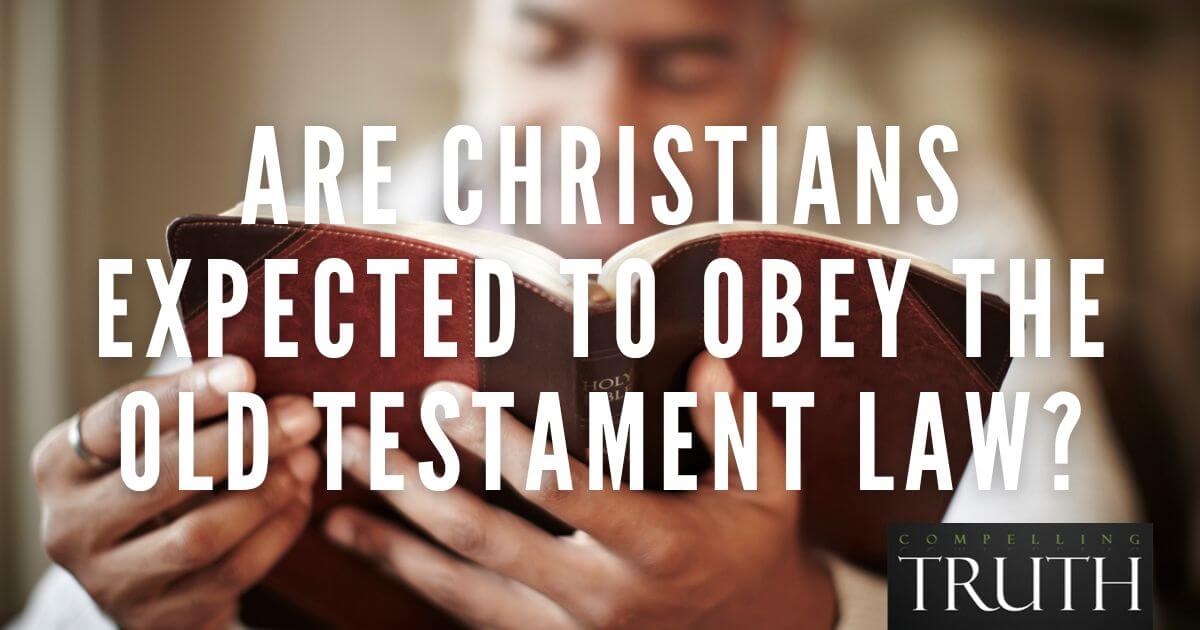what does the bible say?
The Mosaic law, also known as the law of Moses or the Torah, refers to the laws and commandments given by God to Moses on Mount Sinai, as recorded in the first five books of the Bible (Genesis, Exodus, Leviticus, Numbers, and Deuteronomy). It encompasses various aspects of religious, moral, civil, and ceremonial regulations that governed the lives of the ancient Israelites. The Mosaic law includes the Ten Commandments along with detailed instructions on worship, sacrifice, cleanliness, dietary restrictions, social justice, and ethical behavior. Its primary purpose was to set apart the Israelites as a holy people dedicated to God and to establish order and justice within their community.
It is tempting to brush aside the Mosaic law as unimportant. Its long descriptions of the temple and sacrifices are fit for historical study but have seemingly little significance in the average Christian's life. However, this attitude is harmful because it causes people to ignore a whole portion of Scripture rather than learn from the whole counsel of God's Word. The Law, being a part of the Bible, is truth—truth about God, truth about His standards, truth about our sin, and truth about our need for redemption. As such, studying the Law can enrich Christians' understanding of God and the New Testament. There is much we can learn from the Mosaic law.




